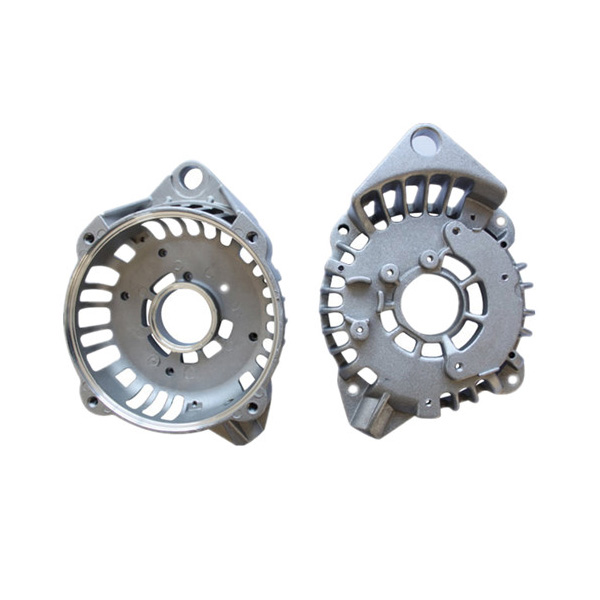Mobile:+86-311-808-126-83
Email:info@ydcastings.com
English
High-Performance Motor Pump Impellers for Efficient Fluid Dynamics
Understanding Motor Pump Impellers A Key Component in Fluid Dynamics
In various industrial applications, motor pump impellers play a crucial role in fluid dynamics, enabling the efficient movement of liquids and slurries. An impeller is a rotating component that transfers energy to the fluid, increasing its velocity and allowing it to flow through the pump system. The design and construction of an impeller can significantly impact a pump's efficiency, performance, and operational longevity.
Types of Impellers
Impellers can be broadly categorized into two main types radial and axial. Radial impellers, which are more common in centrifugal pumps, direct the fluid outward from the center of rotation. This design is particularly effective for generating high pressure, making it ideal for applications such as water treatment, HVAC systems, and chemical processing. On the other hand, axial impellers push fluid parallel to the axis of rotation. They are often used in applications that require high flow rates and lower pressure increases, such as in irrigation systems or large-scale water transport.
Materials and Design Considerations
The performance and durability of motor pump impellers heavily depend on the materials used in their construction. Common materials include stainless steel, cast iron, bronze, and various plastics. The choice of material is influenced by the specific application, chemical compatibility, and operating conditions, such as temperature and pressure. For example, stainless steel impellers are preferred in corrosive environments due to their resistance to oxidation and wear.
motor pump impeller

Design dimensions, such as diameter and blade angle, are also critical factors that affect the impeller's performance. A larger diameter can increase flow rates, while the angle of the blades influences the velocity and pressure of the fluid being pumped. Engineers often employ computational fluid dynamics (CFD) simulations to optimize these parameters, ensuring that the impeller design meets the operational needs of the system.
Importance of Maintenance
Regular maintenance of motor pump impellers is vital to ensure their optimal performance and longevity. Over time, wear and tear can lead to reduced efficiency, higher energy consumption, and even pump failure. Common maintenance practices include inspecting impellers for signs of damage, such as corrosion or erosion, and replacing them as needed. Additionally, routine checks on motor alignment and vibrations can help prevent undue stress on the impeller.
Conclusion
In conclusion, motor pump impellers are fundamental components that influence the effectiveness of fluid transfer systems. Understanding the various types, material choices, and design considerations is essential for optimizing pump applications. Proper maintenance practices further enhance their efficiency and lifespan, ensuring that industries reliant on fluid dynamics can operate smoothly and effectively. As technology advances, developments in impeller design and materials continue to evolve, promising even greater efficiencies in the future.
-
Materials Used in Manufacturing Cap End Pipe FittingsNewsNov.24,2025
-
Material Properties of CF8M CastingNewsNov.24,2025
-
How to Inspect Pump Cap Ends for DamageNewsNov.21,2025
-
Backward Curved Impeller – Efficient Airflow Solutions for Industry | YD CastingsNewsNov.21,2025
-
Automobile Water Pump - Efficient, Quiet, Durable & ElectricNewsNov.21,2025
-
Impeller for Pumps – High-Efficiency, Durable, OEM-ReadyNewsNov.21,2025











